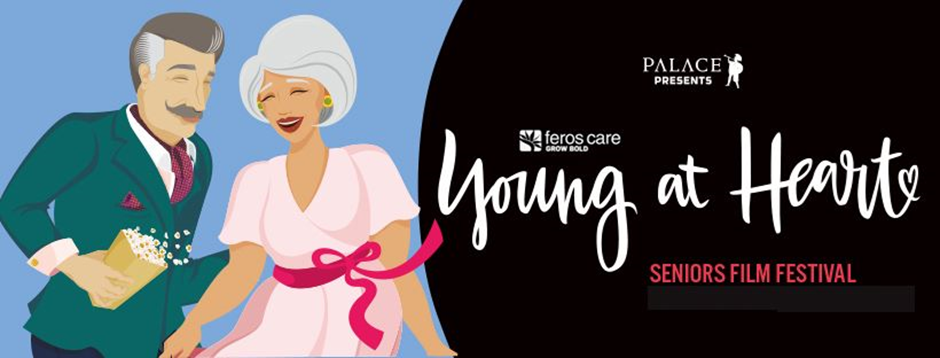We can all be pro-ageing and anti-ageist media monitors
This article first appeared in the October 2021 edition of Comet.
Comet readers will know that I feel strongly about respecting old age for what it is. And one of the ways in which I try to foster that is by being what I call a “media monitor”. By that, I mean that I keep a watchful eye out for the ways in which old age and issues about ageing are portrayed in the variety of media that I have access to. When I see a portrayal that is praiseworthily positive or realistic, I send a letter to congratulate them. This is something that the legendary Val French and OPSO (Older People Speak Out) did successfully for many years on a national scale through their Media Awards. And it is also something that we can do as individuals.
In addition, however, I also call out ageism in its various forms when I see that, by writing a letter to the relevant organisation (which, more often than not, might not be aware of the impact of what has been written or said) and pointing that out.
Being a media monitor is not always successful in bringing about change, but if we keep on chipping away at the negative stereotypes around being old, who knows what we might achieve? As to how this can work, I’ve pasted in an example of what I did earlier this year in tackling an instance of what I consider to be ageism: the Palace Cinemas labelling their 2021 festival of movies for older people “The Young at Heart Film Festival”.
My reasons for doing so are in the letter below.
Dear Palace Cinemas Team,
As a movie lover for most of my 79 years, and someone who would rather see a film at a cinema than on the television, I am a great, great supporter of the Palace Cinemas, and a longstanding senior member of the Palace Movie Club. And I am 100% with Feros Care’s logo of “Grow Bold”.
So, I am writing as a fan of both in asking you to rethink your branding of the annual movie festival for older people, as being for the “Young at Heart”.
What does that even mean? That we older people – God forbid, as someone who has already been dragged by grandchildren to see that excruciating film – should be watching “Tom and Jerry”?
Or that only those of us who can put our hands on our hearts and declare them “young” are eligible to see a typically excellently curated set of movies about interesting older people having fun or facing up to challenges as part of their experience of ageing?
To put it bluntly, seeking to affirm youth as a value in ageing is plain ageist. And patronising. It’s actually time to acknowledge all the benefits of a life being well lived as older people, one that is based on the experiences, learning and relationships that are continuously accumulating to add to whom we are. As such, we shouldn’t be persuaded to suddenly see the virtue of defining ourselves as being cases of arrested development by the “achievement” of staying young.
Rather, as we have been doing ever since our birth, we keep on growing (and hopefully maturing, like a good wine) as we get older. This is especially so in modern times, pandemic notwithstanding, as many of us have the great good fortune to be living lives that are both longer and healthier, as we maintain our bodies and our minds with nutritious diets, beneficial exercises and interesting activities. Making us ready – if we want to – to do new things. Who wasn’t impressed, for example, by the 2020 story in the SMH, of 82-year-old Arlene Advocat taking up parkour?
And the myth that being able to adapt to change is something that is only possible for the young and the youthful was well and truly put to bed in 2012 in the Courier-Mail by psychology professor Nancy Pachana, in her powerful description of the amazing and continuing adaptability of centenarians, as she reeled off all that they had lived through, from the arrival of electricity to the first moon landing, two world wars and many local conflicts, as well as robots, computers, social media and much, much more. Her conclusion? “Our image of older people is really bad because we stereotype them as being inflexible and not being able to cope with change, when really they can, and have. They also have really gracefully coped with some of the more negative aspects of ageing such as illness and loss of family and friends.”
So, hopefully, I’ve made a case for having the young at heart being put to bed, where children who need a good night’s sleep should be, while we old and bold folk party on, making the most of the years we have left, and enjoying a rich variety of movies cherry-picked to entertain us. At, perhaps, the “Evergreen Film Fans’ Festival”?
Looking forward to hearing your thoughts on this matter.
Regards,
Anne Ring
Fingers crossed that next year’s great film festival will have a more appropriate name, celebrating us as we are.
Anne Ring ©2021
